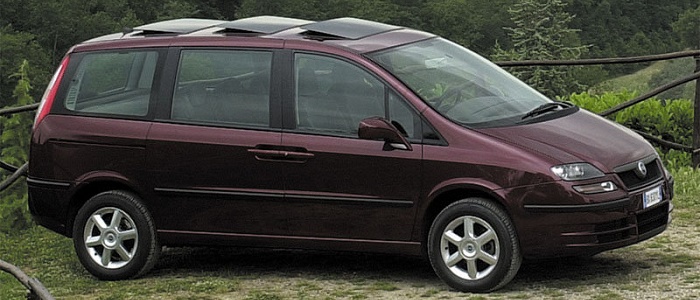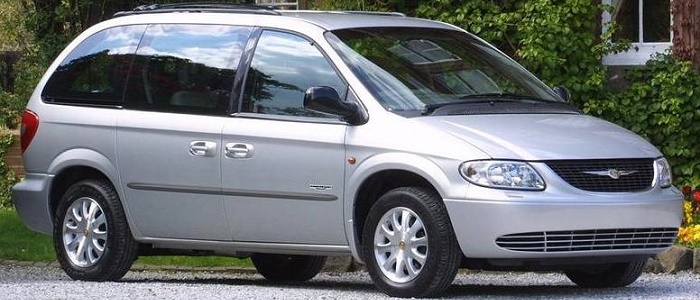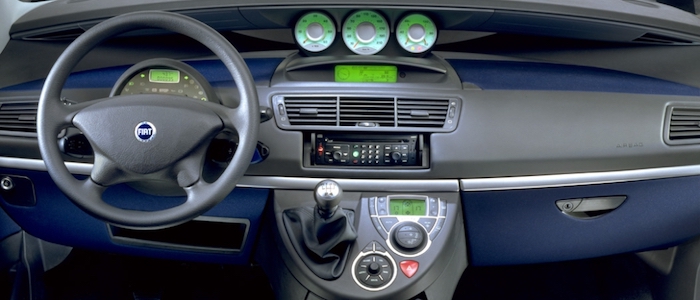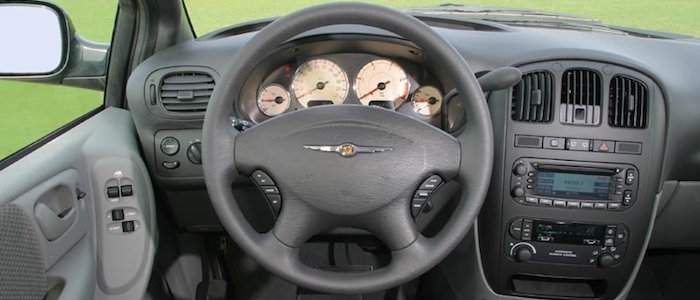Compare two cars
Compare any two cars and get our Virtual Adviser™ opinion
Marketing
Dimensons & Outlines
Engine
2.0 EW10 J4 (RFN)
Performance (manual gearbox)
Performance (automatic gearbox)
Expenses
Virtual Adviser's™ opinion
Well, these are two pretty similar cars we have here! It's only details that could potentially make the difference. Considering they both belong to the mpv segment and utilize the same 5-door MPV body style and the front wheel drive system, it all comes up to the specific petrol engine choice they offer. The first one has a Peugeot-engineered powertrain under the hood, a 4-cylinder, 16-valves 136hp unit, while the other one gets its power and torque from a 4-cylinder, 16-valves 147hp engine designed by Chrysler.
SafetyThe fact that the Chrysler got tested by the European New Car Assessment Programme (Euro NCAP), while the other contender didn't, doesn't actually do much for it, as it's still a lousy 2-star coffin on wheels. Moving further on, let's take a closer look at some additional safety-related facts. Both vehicles belong to the mpv segment, which is generally a good thing safety-wise, but that fact doesn't break the tie between the two cars. On the other hand, if we'd like to consider vehicle mass in this context too, which we definitely should, the American car offers a considerable difference of 17% more metal.
ReliabilityI don't like generalizing things when it comes to reliability, although it does seem that FIAT is significantly less fault-prone, when all the models are taken into account. These are the results of an independent reasearch, while our visitors describe reliability of FIAT with an average rating of 4.3, and models under the Chrysler badge with 4.4 out of 5. Some independent research have also placed Ulysse as average reliability-wise, and Voyager is more or less at the same level.We should definitely mention that owners of cars with the same powertrain as the Italian car rank it on average as 4.2, while the one under the competitor's bonnet gets 4.0 out of 5.
Performance & Fuel economyFIAT is undoubtly more agile, reaching 100km/h in 1.2 seconds less than its competitor. In addition to that it accelerates all the way to 185 kilometers per hour, 2km/h more than the other car. When it comes to fuel economy the winner has to be the Italian car, averaging around 9.1 liters of fuel per 100 kilometers (31 mpg), in combined cycle. We can't ignore that 11% difference compared to the American car.
Verdict
FIAT appears just a bit more reliable, although the difference is truly marginal. The most important thing when deciding between any two vehicles should always be safety, both passive and active. In my opinion, everything taken into account, the American car offers significantly better overall protection, taking the lead here. From there things take a different direction, with FIAT being considerably quicker, thus putting more smile on driver's face. To make things even better, it consumps less fuel! All together, there's not much more to say, in this case I wouldn't even consider anything but FIAT. In any case that's my personal view, built upon all the data available to me. What should decide here though is the way you feel about the two vehicles, and I hope you'll find my guidelines useful in the process. In case you have two minutes to spare I invite you to define your needs, desires and budget and see which car would be chosen by the virtual adviser™, among more than 12.000 different ones in our database.
































